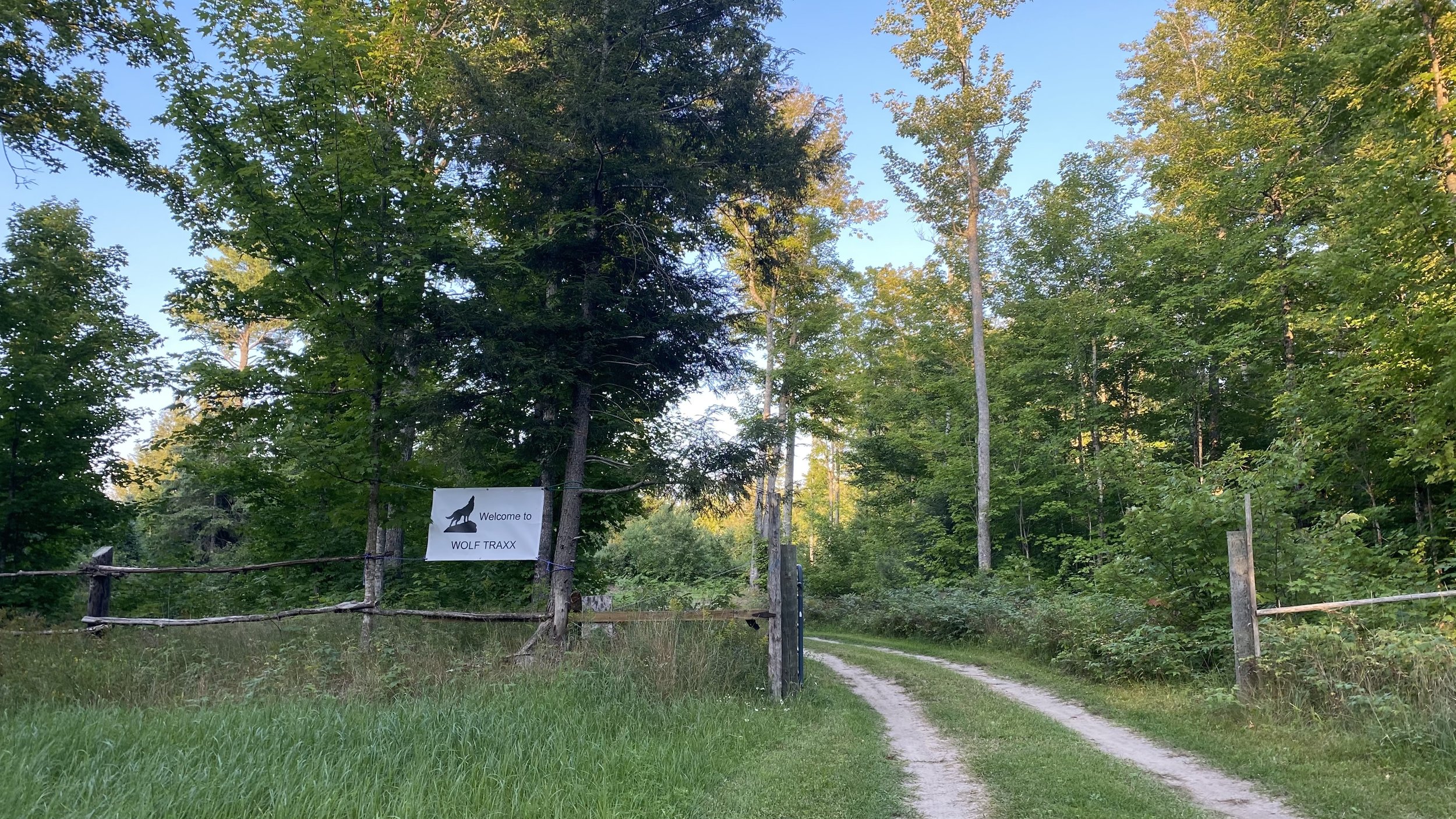Backcountry vs. Frontcountry Camping
Whether you have recently taken an interest in camping or are thinking about spending more time outdoors, knowing the difference between the types of camping can help give you the experience you are looking for.
Photo by author. August 2021.
Growing up, going camping meant booking a reservation at a state park campground in Michigan and driving out in the minivan, filled to the brim with tarps, cooking supplies and tons of “just in case” equipment. It wasn’t until more recently that I began to do simpler camping, seeking out locations far from the crowds of Michigan summers.
When it comes to spending an extended amount of time in the outdoors, there are a whole lot of different options for what you can do. Park your RV or van somewhere cool, rent a cabin, glamping, camping, hammocking, backpacking and probably a dozen others. Figuring out which one is right for you can take some trial and error but once you start, you will find that there can be a great deal of personalization of experience.
Camping breakfast spread, October 2020. Photo by author.
As far as choosing a campground goes, the two main designations to look out for are frontcountry and backcountry campsites
Frontcountry Camping
Frontcountry campgrounds are well established sites that have a number of amenities including: running water, bathrooms, fire-pits, parking spaces at each campsite and electrical hookups for RVs. These sites also often include ranger stations that provide information about the surrounding area to help people figure out what activities are available. Frontcountry campgrounds are typically found at state and national parks, and due to their convenience, tend to be quite busy.
Frontcountry campsite at Sleeping Bear Dunes National Park, Oct 2020. Photo by author.
Frontcountry camping is a great introductory course to the camping world. If you are looking for lodging near a popular park, established campgrounds offer a fun reprieve from traditional hotel options. If tents are not your thing, many frontcountry campgrounds have cabins, yurts and other unique options for people to explore.
Frontcountry campsites can be booked at recreation.gov, or directly on a park’s website.
Backcountry Camping
Backcountry campsites, sometimes called designated campsites, are sites that have been designated for recreation, but lack the amenities available on frontcountry campgrounds. These sites won’t have running water, bathrooms, or waste disposal facilities. More importantly, backcountry campsites aren’t located near developed areas so they often have to be hiked into.
If you are thinking about trying backcountry camping, start with a one or two night trip that is a bit more accessible from a main road. I also recommend doing plenty of research beforehand. It is better to go over prepared and over equipped the first few times, so that in the future you know what gear is essential and what you can do without.
Backcountry campsite on farmland in Carbondale, Illinois, August 2017. Photo by author.
Backcountry camping can sometimes be reserved ahead of time, but usually happens on a first come first serve basis. As long as you check for permit requirements and set up on designated land, the possibilities are endless.
Something in the Middle…
One of my favorite platforms for locating campsites is Hipcamp. Hipcamp is essentially the AirBnB to camping, and offers a wide variety of creative lodging solutions. Users can put up land they own for campers to rent on a nightly basis. The sites offered can be anything from farmland, furnished RVs, or just someone’s really rustic backyard.
Entrance to Andy’s Wolf Traxx Hipcamp sites, August 2021. Photo by author.
My experience on Hipcamp has mostly been with backcountry sites, but the designations become a little blurry when it comes to amenities. I have stayed on sites with funky makeshift showers and ones in the middle of nothing but acres and acres of farmland.
Resources for Finding Campgrounds:
Recreation.gov: Primary platform for booking on National park grounds.
The Dyrt: Variety of frontcountry and backcountry options.
Hipcamp: AirBnB-esque platform for campers.
Reserve America: One of the largest online campground booking platforms.
Boondocking: Guide to backcountry and dispersed campgrounds.
iOverlander: A volunteer project offering lodging options, including camping, all over the world.





